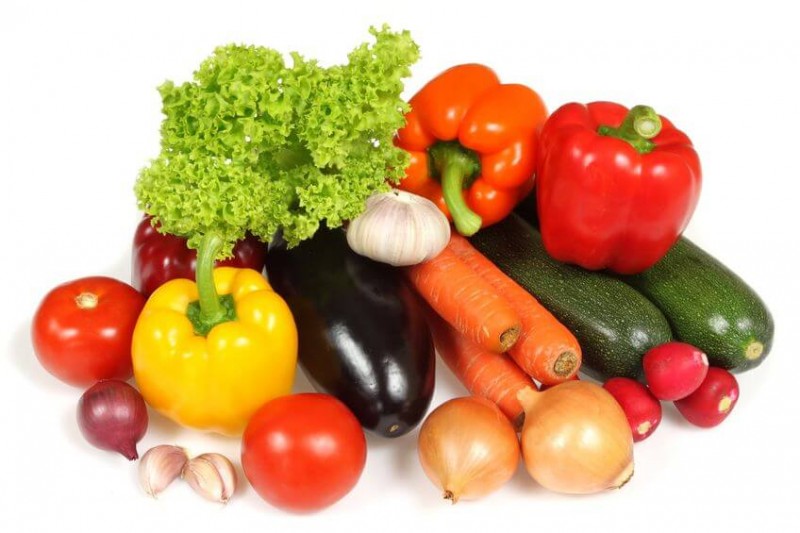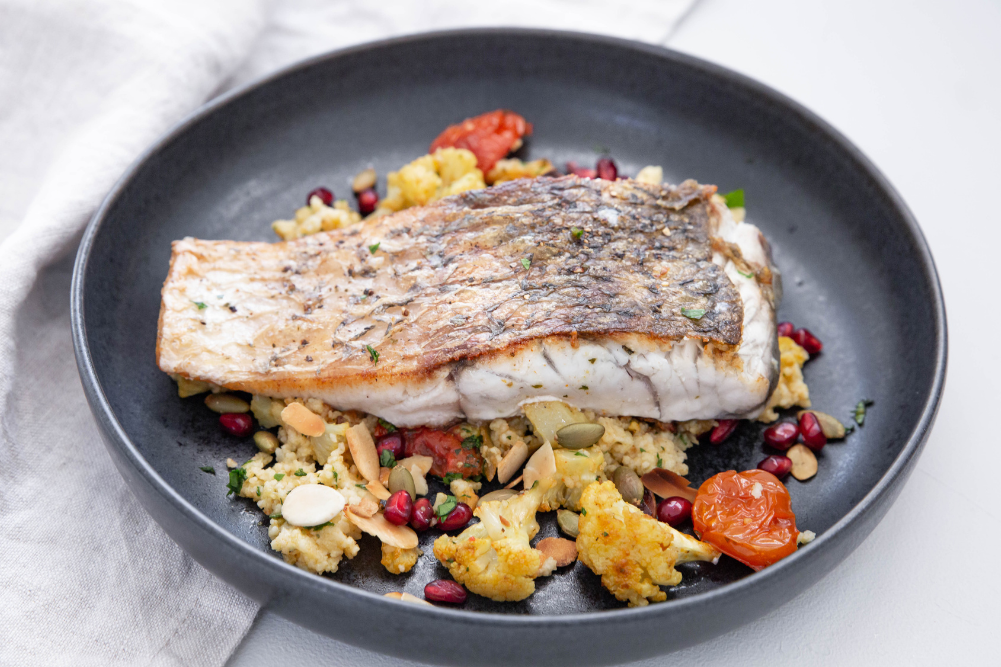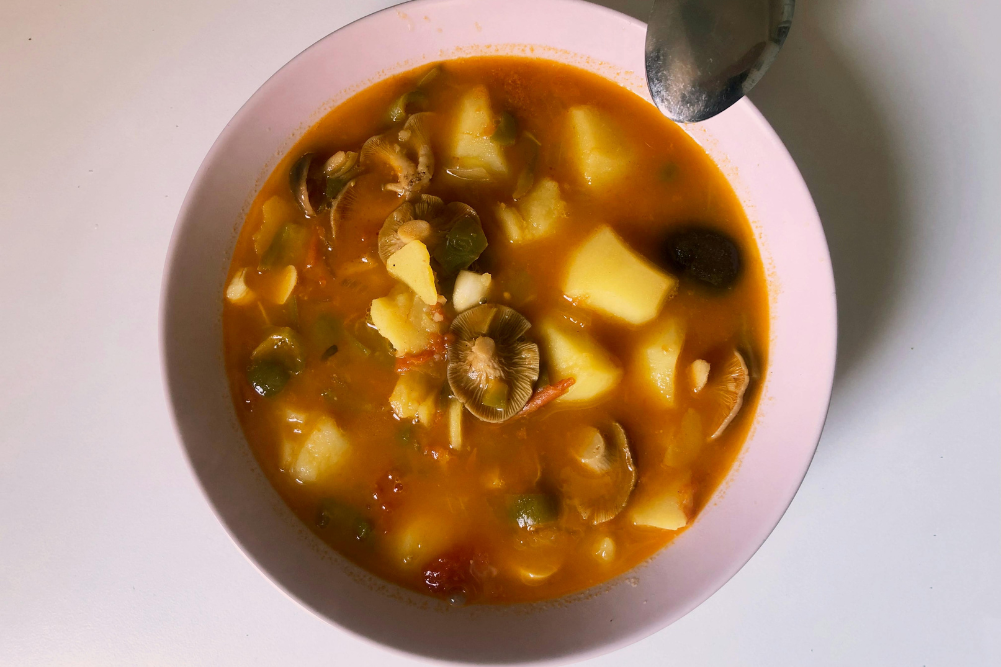Some foods may not be good for breast cancer
What you eat affects your health.
Studies have shown time and again that a healthy diet can reduce the incidence of many diseases including heart disease, cancer and diabetes.
There is a growing body of evidence that suggests diet can influence the course of breast cancer and a new study by the Center for Bioinformatics and Functional Genomics at Cedars-Sinai adds new evidence.
Researchers found that a single protein which is commonly found in some foods may be the key element in preventing the spread of triple-negative breast cancer, often a deadly type of breast cancer.
The scientists found that by limiting asparagine in laboratory mice with triple-negative breast cancer, they could dramatically reduce the ability of the cancer cells to spread to other parts of the body.
Triple-negative breast cancer cells grow and spread faster than most other cancer cells. They are called triple negative because they lack receptors for hormones estrogen and progesterone and makes little of a protein called HER2.
As a result, these cells resist all forms of common treatment leading to higher than average mortality rates.
Previous studies have shown that most of the tumour cells stay in the primary breast site, but a subset of the cells will break off and enter the bloodstream.
These cells then colonise in the lungs, brain and liver and spread to other parts of the body.
The researchers wanted to study and understand particular traits of the cells in the bloodstream and in the sites where cancer spreads.
The researchers found the appearance of asparagine synthetase which is the enzyme cells used to make asparagine. In a primary tumour asparagine synthetase was strongly associated with later cancer spread.
The scientists found that by limiting asparagine in laboratory mice with triple-negative breast cancer, they could dramatically reduce the ability of the cancer cells to spread to other parts of the body.
They also found that the metastasis can be greatly reduced by treatment with the chemotherapy drug L-asparaginase or dietary restrictions to limit asparagine.
When the lab mice were given food rich in asparagine, the cancer cells spread more rapidly.
Foods rich in asparagine include dairy, whey, beef, poultry, eggs, fish, seafood, asparagus, potatoes, legumes, nuts, seeds, soy and whole grains.
Most other fruits and vegetables are low in asparagine.
This study shows that diet impacts how an individual responds to primary cancer care and what their chances are of the disease spreading elsewhere in their body.
The researchers are now planning further trials in which they will reduce the levels of asparagine in the diet to investigate its effects on breast cancer and other types of cancer.
While a healthy diet is essential for overall health, there are certain types of food which may need to be restricted depending on your condition as shown in this study.
Source: Nature








